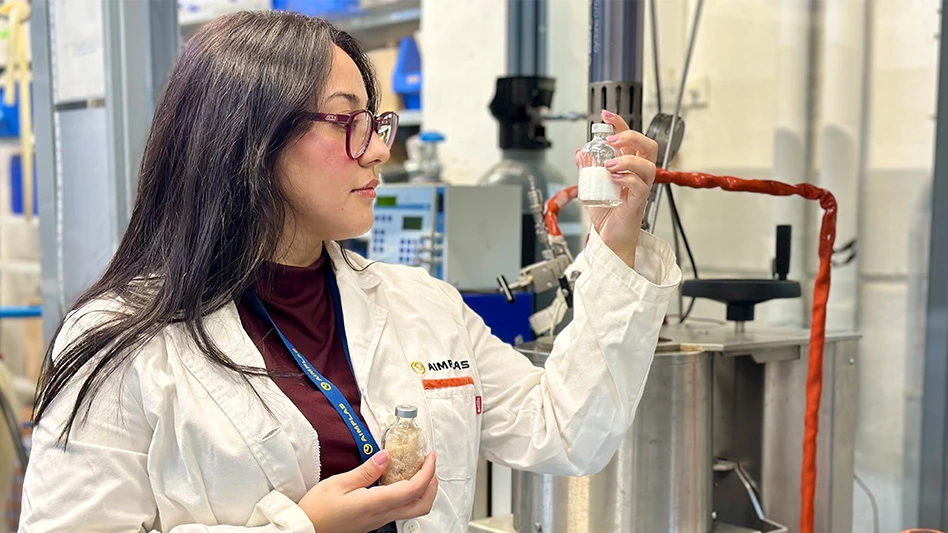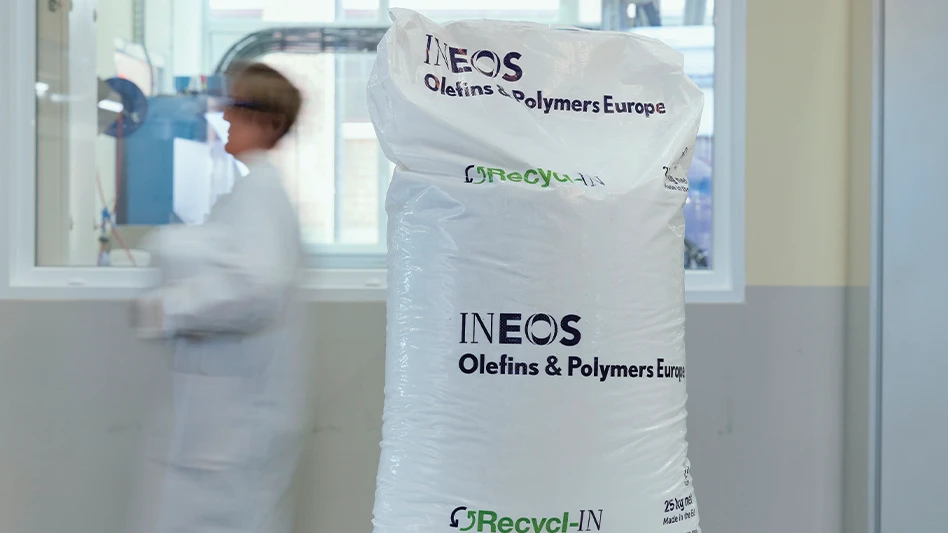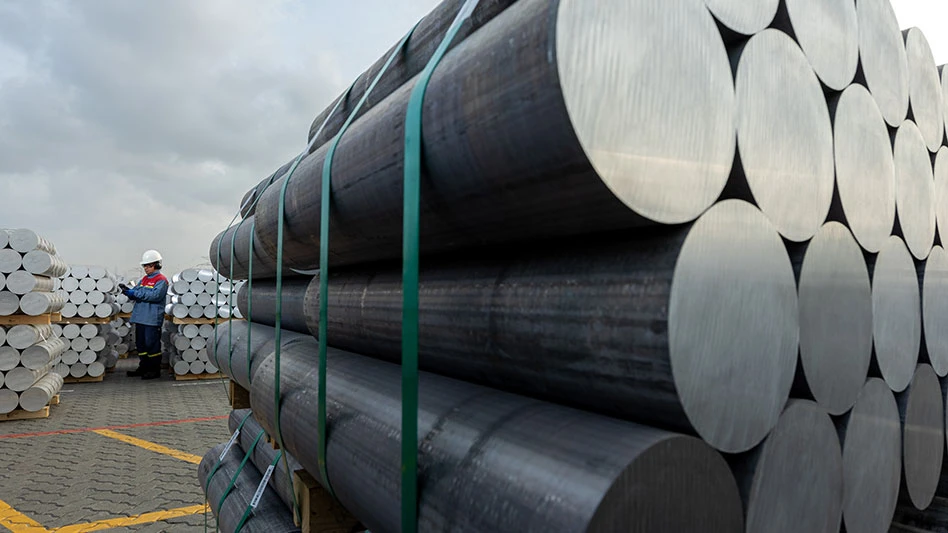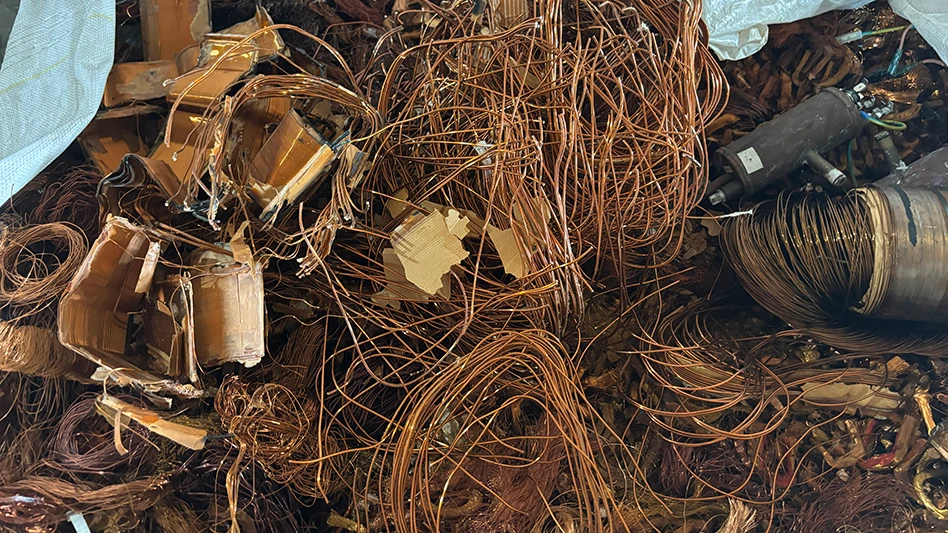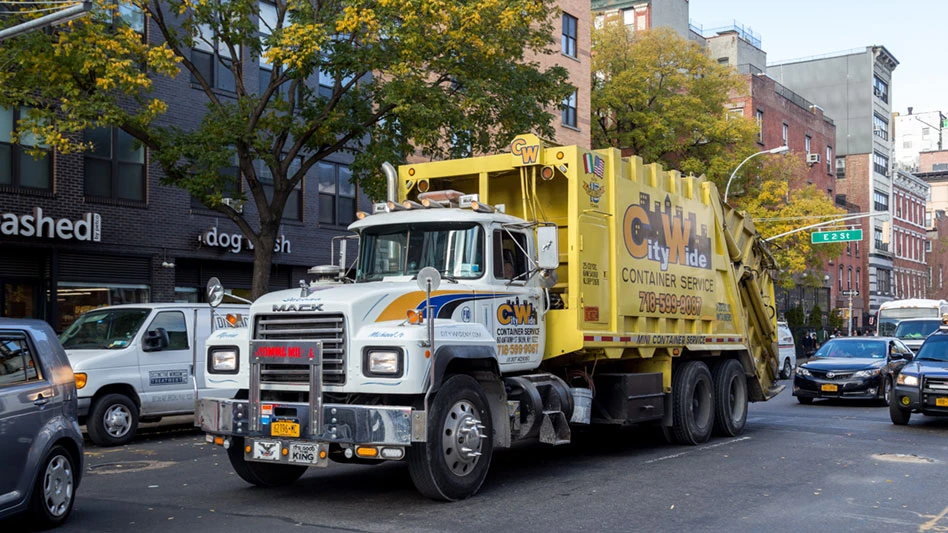
Pinkypills | istockphoto.com
Defra, or the Department for Environment, Food & Rural Affairs, part of the U.K.’s Environment Agency, has announced a policy update to the Digital Waste Tracking (DWT) reforms, including a new staged, implementation timeline and information on who will need to comply with mandatory digital waste tracking requirements and how to do so.
At the start of this year, Defra announced that the DWT service would be in place by April 2026.
The DWT is intended to address illegally handled waste, which Defra says threatens circular economy aspirations and harms the environment, by tackling the information gap that hinders the effective regulation and management of waste given the existing outdated systems for recording waste movement.
Starting this fall, the service will be available to invited user groups (private beta). Next spring, it will be available to all permitted and licensed waste receiving sites, with reporting becoming mandatory in October 2026. Defra plans to expand the DWT to other operators in 2027.
Defra says it will confirm by September who and what might fall into this waste receiving site category and whether it will mandate use of the service alongside permit and license holders.
Defra says the waste industry involves a large number and complex array of operators that includes roughly 12,000 waste site operators, 150,000 registered waste exemption holders and 300,000 registered waste carriers, brokers and dealers working across the U.K. in wide variety of sectors with varying levels of digital capability.
“To build a stable, effective and user-friendly service, we need to build it incrementally,” Defra says in its policy update. “This starts with the creation of a firm foundation which delivers some of the intended benefits. Additional aspects can be added as we learn from testing the core elements of the service. This will allow us to refine and adjust our approach as we move towards a more complete end-to-end waste tracking service.
“Following assessment of the options and international best practice, the first element of our waste tracking service will focus on waste receiving sites inputting data about all waste they receive. This includes waste containing persistent organic pollutants (POPs). Following this phase, we are planning to expand the service to other waste operators.”
According to the update, Household Waste Recycling Centre operators will not need to record household waste received in the waste tracking service, but Defra says it will engage with local authorities regarding the feasibility of recording commercial waste accepted at these sites during the initial phase.
The agency says it intends to deliver a solution “that integrates with users’ existing software by automatically capturing data through an application program interface (API). Where companies make use of commercial software, it will be important for us to have direct, close engagement with these companies to understand and enable this API driven approach.”
Defra says starting with a service for a smaller, better-defined and identifiable group of users enables more effective engagement and more confidence in understanding their needs and requirements to build a service that works for businesses and regulators.
"Defra’s updated timeline for Digital Waste Tracking marks another step towards modernizing a sector long burdened by inefficient, paper-based systems," David Gudgeon, head of external affairs at Reconomy brand, Reconomy Connect, with multiple locations in England, says of the policy update.
“The clarity around phased implementation is welcome and provides a crucial opportunity for waste operators and processors to prepare for one of the most significant digital transformations the sector has ever seen. As we move towards mandatory compliance in October 2026, it’s essential that receivers of all sizes are fully supported to engage with the system, test it and build it into their operations.”
Gudgeon says Reconomy Connect looks forward to further clarity on waste receiving sites and the service fee model, adding that those details will be critical to ensuring DWT can reduce waste crime and ensure material circularity.
Latest from Recycling Today
- SHFE trading expansion focuses on nickel
- Maverick Environmental Equipment opens Detroit area location
- International Paper completes sale of global cellulose fibers business
- Building a bridge to circularity
- Alton Steel to cease operations
- Nucor finishes 2025 with 14 percent earnings decline
- Algoma to supply Korean shipbuilder
- Improving fleet maintenance management across multiple locations
